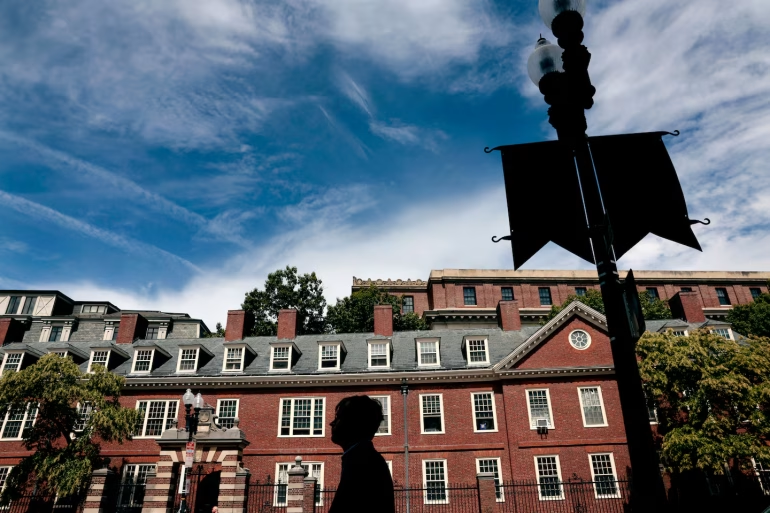On September 3, 2025, a federal judge in Boston delivered a significant victory for Harvard University, ruling that the Trump administration illegally cut approximately $2.2 billion in federal research grants to the prestigious Ivy League school. U.S. District Judge Allison Burroughs, appointed by former President Barack Obama, determined that the administration’s actions violated Harvard’s First Amendment rights by retaliating against the university for refusing to comply with demands to alter its governance, hiring, and academic programs.
Background of the Conflict
The dispute stems from the Trump administration’s campaign to influence U.S. universities, which it claims are dominated by antisemitic and “radical left” ideologies. Following the October 7, 2023, Hamas attack on Israel and the subsequent war in Gaza, pro-Palestinian protests swept across college campuses, including Harvard. The administration accused Harvard of failing to address harassment of Jewish students, using this as a basis to cancel hundreds of research grants. However, Judge Burroughs argued that the funding cuts had “little connection” to antisemitism, suggesting they were a “smokescreen” for an ideologically driven attack on elite universities.
Harvard, located in Cambridge, Massachusetts, faced additional pressures from the Trump administration, including threats to bar international students—who make up about 27% of the student body—and revoke the university’s accreditation and tax-exempt status. These actions followed Harvard’s rejection of an April 11, 2025, letter from an administration task force demanding changes to its admissions, hiring, and academic programs to ensure “ideological balance.”
The Court’s Ruling
Judge Burroughs’ ruling vacated the administration’s freeze orders and termination letters issued since April 14, 2025, reinstating the affected funding. She also prohibited the government from further withholding or terminating Harvard’s federal grants, or denying future funding, in retaliation for the university exercising its free-speech rights. The judge emphasized that while combating antisemitism is a valid goal, the administration’s actions unlawfully targeted Harvard’s academic freedom.
In her 84-page decision, Burroughs noted that Harvard has acknowledged “vicious and reprehensible” treatment of Jewish and Israeli students and is taking steps to address antisemitism. However, she found no evidence that the canceled research grants were related to these issues, stating that the cuts harmed critical scientific and medical research without advancing the administration’s stated goals.
Harvard’s Response and Broader Implications
Harvard President Alan Garber hailed the ruling as a validation of the university’s commitment to academic freedom and scientific research. He noted that the decision protects the “core principles of American higher education.” However, Garber did not comment on ongoing settlement talks with the administration, which President Trump recently insisted should result in Harvard paying at least $500 million, claiming the university had “been very bad.”
Unlike Harvard, other Ivy League schools like Columbia University, which paid $220 million, and Brown University, which paid $50 million, have settled with the administration to restore their funding. These deals often included concessions such as changes to disciplinary practices or oversight of curricula. Harvard’s faculty chapter of the American Association of University Professors has urged the university to avoid similar compromises, arguing that bargaining away its rights is unacceptable.
What’s Next?
The Trump administration, through White House spokesperson Liz Huston, vowed to appeal the ruling, calling Burroughs an “activist Obama-appointed judge” and asserting that Harvard has no constitutional right to taxpayer funds. If the ruling stands, it could revive hundreds of Harvard’s research projects, which the university warned it could not fully fund on its own.
This legal victory marks a pivotal moment in Harvard’s ongoing battle with the Trump administration. It not only restores critical funding but also reinforces the university’s stance on academic independence. However, with an appeal looming and settlement talks unresolved, the conflict is far from over.
Sources: Reuters, The Guardian, DW News
